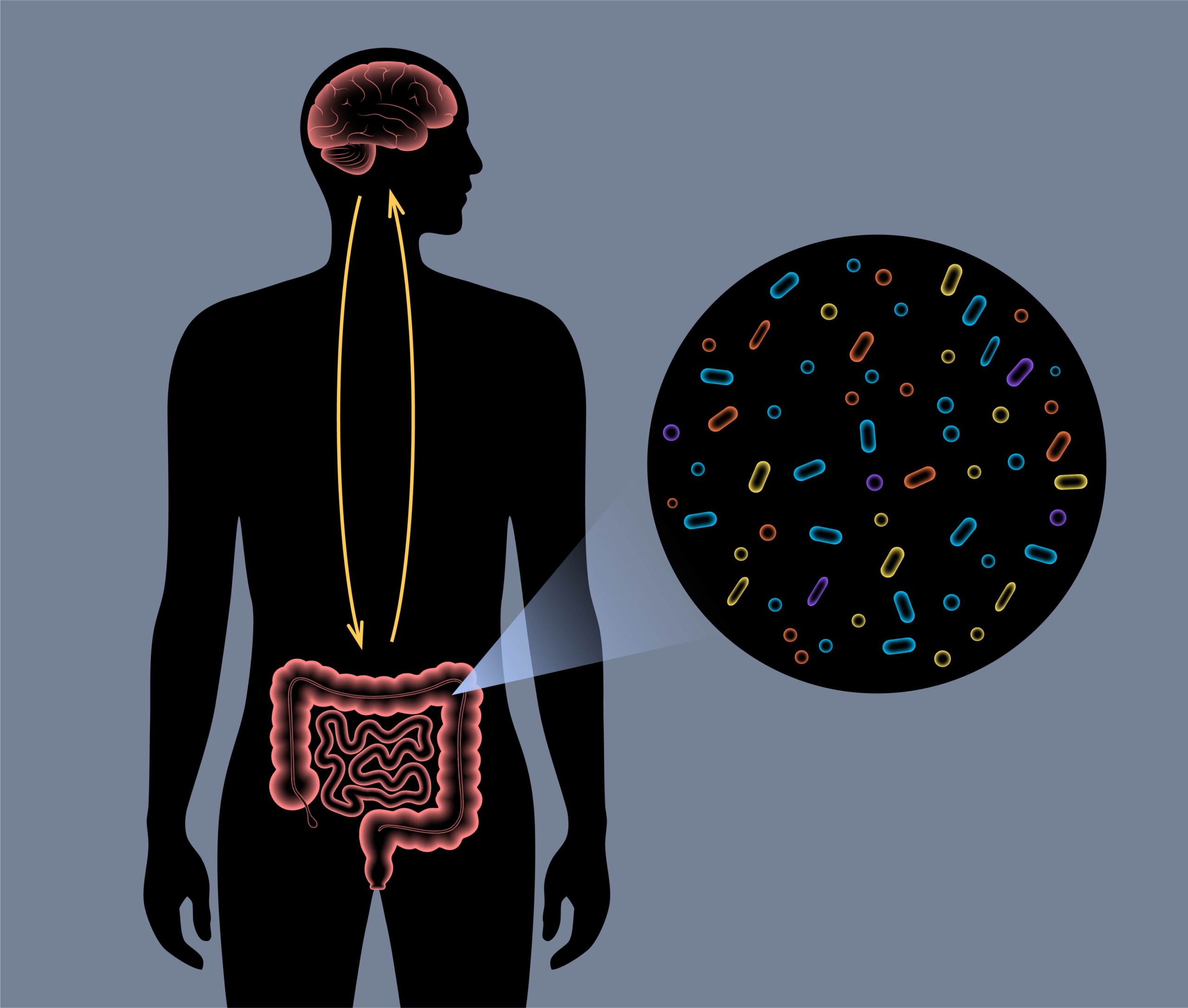Neurodegenerative diseases, such as Alzheimer’s disease (AD) and Parkinson’s disease, are often associated with the build-up of cellular debris, like misfolded proteins, within the brain. These buildups are usually managed by the immune system with the help of cells called astrocytes and microglia, which scour the central nervous system following possible injury or damage. Researchers studying neurodegenerative diseases have previously noted changes in patients’ immune systems and the makeup of microbiota within their guts, which can alter the expression of the genes that normally regulate this immune reaction. While scientists still remain undecided as to whether or not this is a symptom or a cause of neurodegeneration, recent research suggests that the ability of immune cells to confront these threats may have a direct relation to our gut’s microenvironment.
The APOE Gene in Humans and Mice
A group of researchers led by Dong-Oh Seo at the Washington University School of Medicine in St. Louis have identified a gene called apolipoprotein E (APOE) as the possible regulator of such immune system-brain connections. Humans are born with one of three forms of the gene, known as APOE2, APOE3, and APOE4. Of these, APOE4 is associated with a higher risk of developing AD.
To further understand the relation between APOE and the mitigation of protein buildups, the research team genetically engineered mice to accumulate a human version of tau, a protein commonly associated with loss of cognitive function. The mice were then engineered to express variants of the APOE gene. Some of the mice were then raised in a typical environment, in which they would develop normal gut microbiota, while another group was raised in a germ-free environment, where no such microbiota could develop. Among the mice with APOE4 in the germ-free environment, the symptoms normally associated with neurodegeneration and cognitive decline were recorded to be substantially less common than those who were raised in a normal environment.
Moreover, when Seo and his colleagues used antibiotics to further decrease the gut microbiota in the mice, they found that signs and symptoms of neurodegeneration were less common in the high-risk APOE4 mice. Male mice with the APOE3 gene (which does not carry as much risk as AP0E4) had even fewer signs of neurodegeneration than males carrying APOE4 or females.
Short-Chain Fatty Acids
Evidence from other studies suggests that short-chain fatty acids (SCFAs) produced by gut microbiota could be involved in regulating the functions of astrocytes and microglia. Whether these SCFAs affect brain cells directly remains unclear, but Seo and colleagues found treatment with antibiotics lowered the number of SCFAs within the mice, as well as the number of immune cells present in tissue that surrounds the brain.
Possible Conclusions from the Study
Researchers have also noted gut microbiota causing the development of other aggregates besides tau. Seo and his colleagues’ study seem to align with this research. However, the study’s discovery of a direct mechanistic link between the APOE gene and the brain has large implications for future research on the possible environmental triggers that could cause neurodegenerative disorders. Furthermore, the study suggests more complex interactions between the brain and the immune system than we previously supposed.
Did you enjoy this blog post? Check out our other blog posts as well as related topics on our Webinar page.
QPS is a GLP- and GCP-compliant contract research organization (CRO) delivering the highest grade of discovery, preclinical and clinical drug research development services. Since 1995, it has grown from a tiny bioanalysis shop to a full-service CRO with 1,200+ employees in the U.S., Europe and Asia. Today, QPS offers expanded pharmaceutical contract R&D services with special expertise in neuropharmacology, DMPK, toxicology, bioanalysis, translational medicine and clinical development. An award-winning leader focused on bioanalytics and clinical trials, QPS is known for proven quality standards, technical expertise, a flexible approach to research, client satisfaction and turnkey laboratories and facilities. Through continual enhancements in capacities and resources, QPS stands tall in its commitment to delivering superior quality, skilled performance and trusted service to its valued customers. For more information, visit www.qps.com or email [email protected].






